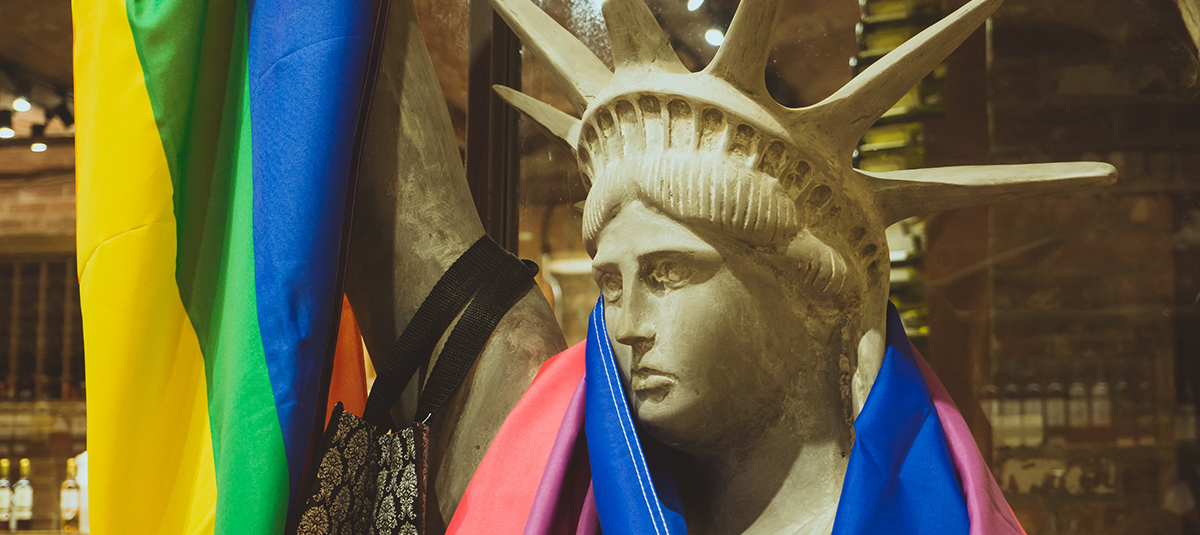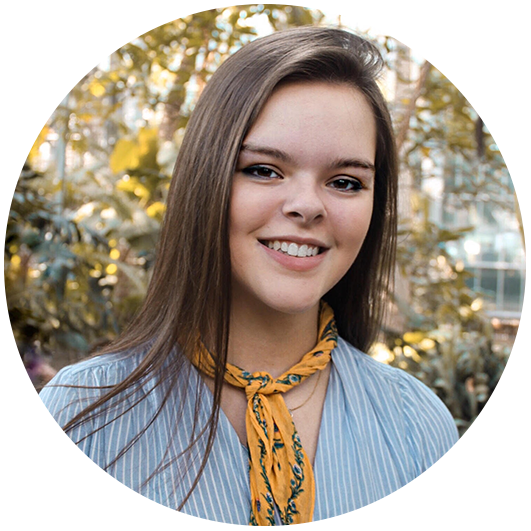Content Warning: This piece contains mentions of suicide statistics.
Today, I turned a short tassel on my head from left to right and found myself with tears in my eyes. Walking across a nearly empty stage, filled more by COVID fears than celebration, I graduated into a different world. Yesterday, I would’ve entered a professional world where my sexuality could be marked as a red flag on my diploma or where I could be fired for existing without an apology. Today, I graduated as a queer student, knowing that I can love loudly without fearing joblessness. Today, I found myself with tears in my eyes not solely because I am proud of my accomplishments, but because I can proudly wear them as a queer woman.
Today, the Supreme Court decided in a 6-3 opinion that LGBTQ+ individuals are protected from discrimination in the workplace. In a landmark ruling for queer individuals, particularly transgender people, the court’s decision reflects a shift in US culture surrounding queer issues. Years ago, this decision never would have been possible. For decades, it was not only accepted but common, for discrimination against LGBTQ+ people to occur in the workplace. It was, and still is in many places, considered dangerous to “out yourself” as a member of the queer community, both in personal and professional spheres. Even the language we use surrounding queer issues has shifted significantly, as discussing sexual and gender identities in schools becomes more common and people become more attuned to practices like asking for someone’s pronouns.
The court’s ruling reflects this cultural change, which can be credited to the work of queer organizers and activists, particularly those of color. Their activism, early on, saw the connections between discrimination and mental health. The suicide rate of transgender individuals has always been significantly higher when compared to cisgender individuals and is uniquely impacted by hiring discrimination. Transgender people are two times more likely to attempt suicide if they’ve experienced unequal treatment, notably workplace discrimination. They’re also significantly more likely to be unemployed, a trait that experts infer is related to workplace discrimination as well. Among gay, lesbian, and bisexual people, the impacts of workplace discrimination are largely mirrored. Simply put, the activists that made the Supreme Court’s ruling possible recognized that workplace discrimination isn’t just a matter of dollar signs and crude comments: it’s a matter of survival.
Of the many queer people that experience workplace discrimination (exact percentages range from 15% to 43%), the impact of mental health isn’t equal. Queer people of color are two times more likely to experience mental health issues when compared to white queer people. They’re also significantly less likely to get the help that they need, due to healthcare inequality and heightened stigmatization . Combined, these two factors have produced a silent epidemic of mental health concerns among queer communities of color.
In the words of Justice Gorsuch, the author of the court’s majority opinion, “the answer is clear,” on workplace discrimination, but it is unclear on our future. Law does not always equate to reality, a truth that too many queer people are acutely aware of. When I think of workplace discrimination, it’s clear that I’ve never been fired or not hired because of my sexuality. But, it’s also clear that I’ve had many conversations where I felt like I had to overcome being gay to be valued on a team. It’s clear that I’ve been in activism spaces, ones that I consider to be more accepting of this issue than most, where my sexuality was problematized.
It’s clear to me that a Supreme Court ruling will not change the day-to-day realities of many queer people across the United States. It may shift conversations, enable more instances of justice, and allow me to feel a little more comfortable trading high school for a more professional world. But, it is each of our responsibilities to shoulder the work of pushing for a better tomorrow for queer people. Today, I am proud to be a queer woman, knowing that our professional world has brighter colors than yesterday, and ready to work for more.




